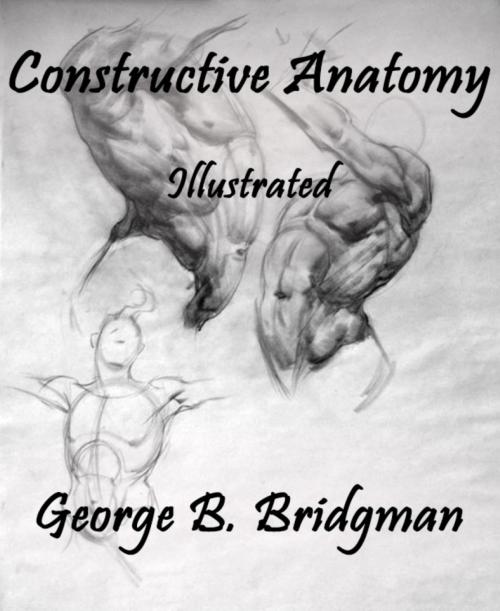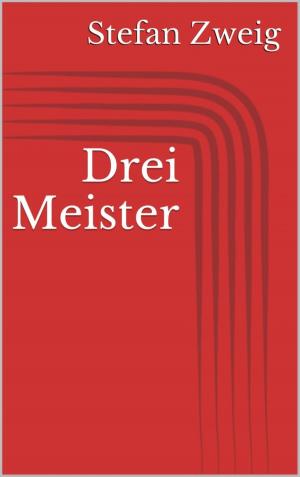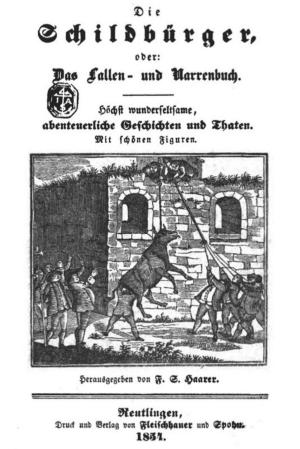| Author: | George B. Bridgman | ISBN: | 9783736812376 |
| Publisher: | BookRix | Publication: | May 20, 2014 |
| Imprint: | Language: | English |
| Author: | George B. Bridgman |
| ISBN: | 9783736812376 |
| Publisher: | BookRix |
| Publication: | May 20, 2014 |
| Imprint: | |
| Language: | English |
George Brant Bridgman (1865–1943) was a Canadian-American painter, writer, and teacher in the fields of anatomy and figure drawing. Bridgman taught anatomy for artists at the Art Students League of New York for some 45 years. Constructive Anatomy: Illustrated by George B. Bridgman. Excellent book of anatomical drawing instruction. Ideal for beginning to intermediate artists, begins with instruction on drawing hands and works its way through the human body giving detailed instruction on how to draw realistic human figures. The drawings that are presented here show the conceptions that have proved simplest and most effective in constructing the human figure. The eye in drawing must follow a line or a plane or a mass. In the process of drawing, this may become a moving line, or a moving plane, or a moving mass. The line, in actual construction, must come first; but as mental construction must precede physical, so the concept of mass must come first, that of plane second, that of line last. Masses of about the same size or proportion are conceived not as masses, but as one mass; those of different proportions, in respect to their movement, are conceived as wedging into each other, or as morticed or interlocking.
George Brant Bridgman (1865–1943) was a Canadian-American painter, writer, and teacher in the fields of anatomy and figure drawing. Bridgman taught anatomy for artists at the Art Students League of New York for some 45 years. Constructive Anatomy: Illustrated by George B. Bridgman. Excellent book of anatomical drawing instruction. Ideal for beginning to intermediate artists, begins with instruction on drawing hands and works its way through the human body giving detailed instruction on how to draw realistic human figures. The drawings that are presented here show the conceptions that have proved simplest and most effective in constructing the human figure. The eye in drawing must follow a line or a plane or a mass. In the process of drawing, this may become a moving line, or a moving plane, or a moving mass. The line, in actual construction, must come first; but as mental construction must precede physical, so the concept of mass must come first, that of plane second, that of line last. Masses of about the same size or proportion are conceived not as masses, but as one mass; those of different proportions, in respect to their movement, are conceived as wedging into each other, or as morticed or interlocking.















